Update: There's a new winner among the best cheap phones in America and it's the newest version of an old favorite from Motorola. Here's our top 10 list.
The best cheap phone in the US is a complicated find in 2017, as carriers want to lock you into contracts even at budget prices. You want to pay less money, not more, right?
That's why we've harnessed our cheap smartphone expertise and tested hundreds of inexpensive phones to rank the best options. Unlocked, no contract and SIM-free phones are among the top ten.
And good news: while many are $200 or less, you'll actually recognize the names: Motorola, Google, Sony and Apple. Others may be new to you, namely Honor, ZTE and OnePlus, but they're just as worthy of your consideration.
No, these aren't the absolute best phones in the US, so you won't find the top tier iPhone 7 Plus or Samsung Galaxy S8 Plus here. Likewise, the 4-inch iPhone SE is $399, so it misses the mark by $100, as lovely as it is.
But every cheap phone here is perfectly fine for everyday use by someone looking to save money on a discounted iOS 10 or Android Nougat handset.
The best really cheap phone under $160
If you're looking for a smartphone with no contract that's just above $100, this is our pick at the moment, mainly because it's been heavily discounted today.
It costs $109 through an Amazon flash sale (normally $159), and that gets you an Android phone with an HD display, metal design and large 4,000mAh battery. It's also a dual-SIM phone, making it a great phone for travelers, and it comes with a case and has an okay camera (good in daylight, poor in lowlight).
This phone is strictly for the sub-$200 crowd because it can't play 3D games well, has no fingerprint sensor and runs an older version of Android. It's capable of the basics, and gets you a ticket to the Google's app ecosystem.
Read the full review: Blu Plus R1
The best cheap phones under $300
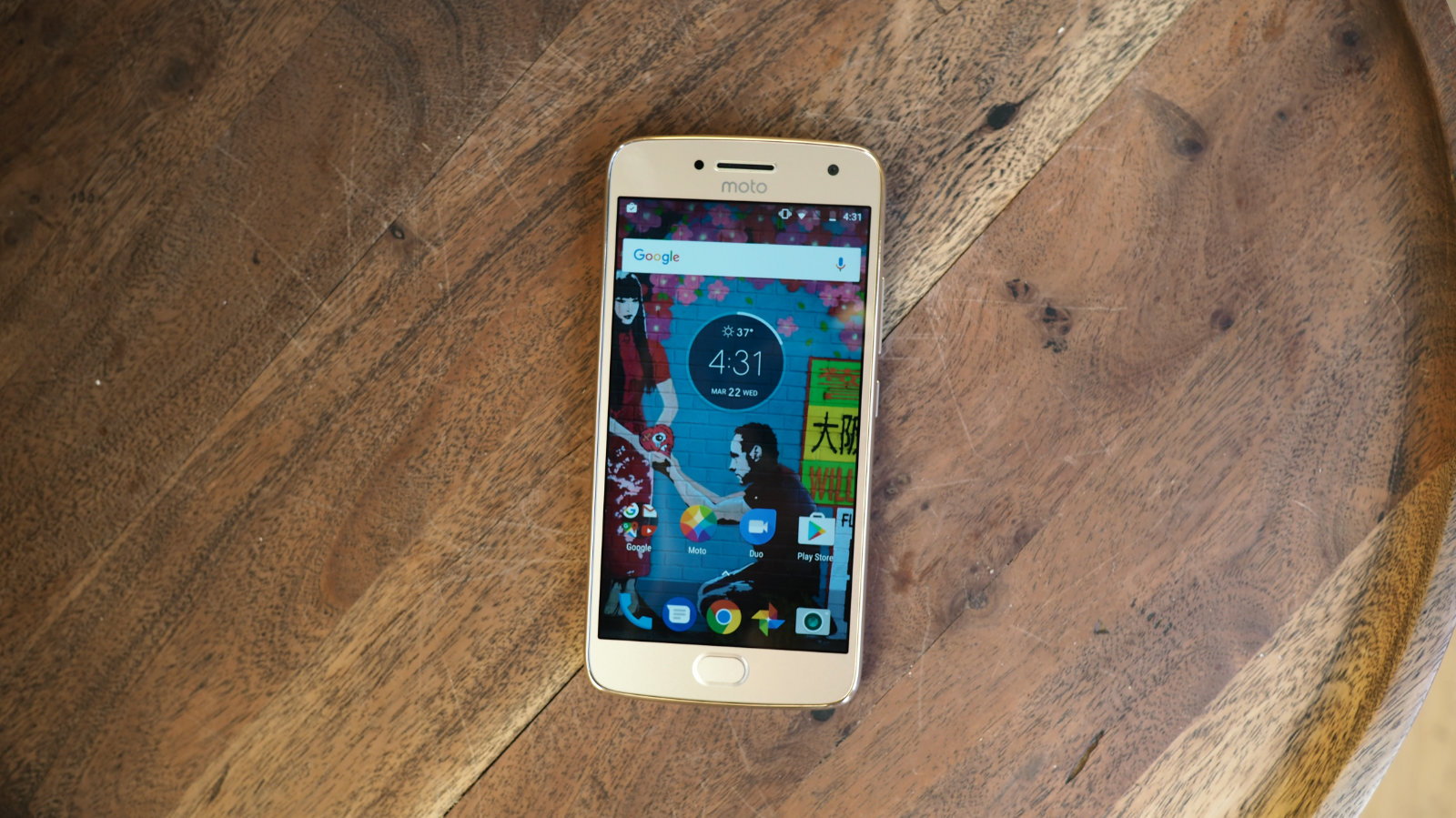
The Moto G5 Plus is the best cheap phone you can buy today mainly because it doesn't look or feel like a budget phone It has a metal design, a 5.2-inch Full HD screen, a fingerprint sensor, fast charging, and 64GB of internal storage with a microSD card slot.
Compatible with all US carriers, including Verizon, AT&T, T-Mobile and Sprint, the G5 Moto Plus also comes with Android 7.0 Nougat and Google Assistant, which we've found to rival Siri. It has a Snapdragon 625 chipset, and while it's not the fastest in the world, it's enough to play games and multitask. The only features you're missing out on vs the higher-priced Moto Z are a better camera, VR capabilities and MotoMods. Most people will do just fine with this phone, which is almost one-third the price of Motorola's flagship.
Amazon is offering the Moto G5 at an even deeper discount to Prime members. It's just $239 with Amazon's lockscreen ads, or the normal $299 without those ads for everyone else.
Read the full review: Moto G5 Plus
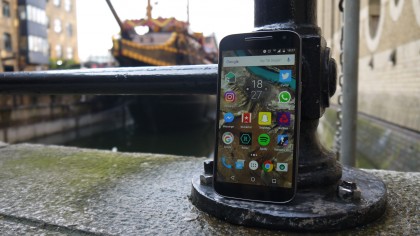
If you're looking for a cheap smartphone that costs just $129, you can get that with Motorola's last-generation Moto G4, which remains a top pick for us.
It has a 5.5-inch Full HD display and a Snapdragon 617 chipset with 2GB of RAM and up either 16GB or 32GB of internal storage. Don't worry, too much, it has a microSD card slot in case you run out of space. You still won't get NFC or VR compatibility, but this phone does everything else you need on a daily basis and works on all major US carriers.
Read the full review: Moto G4
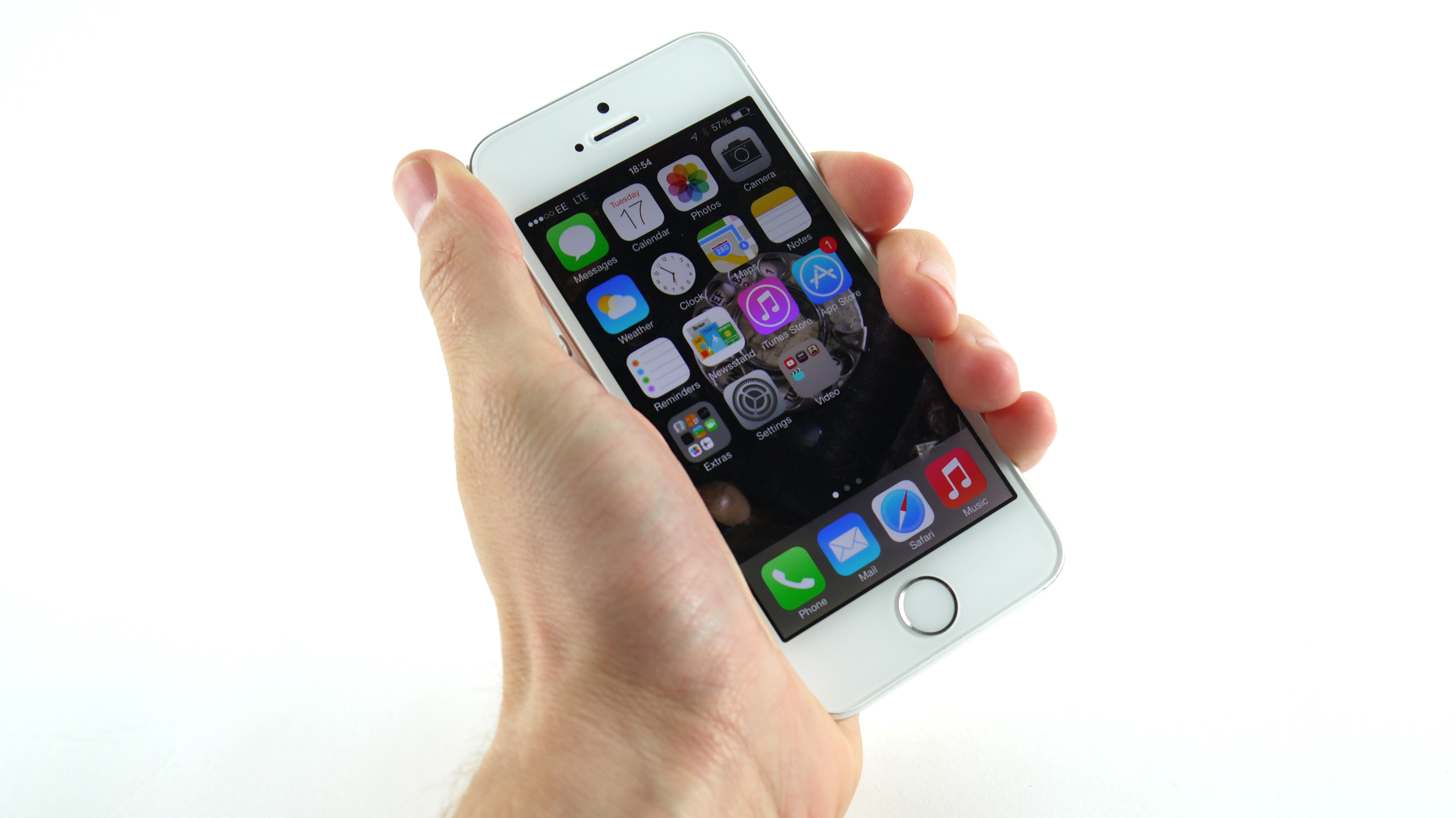
It's really, really difficult to fit an Apple phone on a best cheap phones list, but there has to be at least one that's inexpensive enough for iOS fans who refuse to try the cheaper Android phones above.
The cheapest is iPhone 5S. When it was last sold through the Apple Store, it cost $450 without a contract – until the iPhone SE showed up and replaced it. That was too expensive to consider here.
Now it's the cheapest iPhone we can find thanks to retailers like Amazon. It's under $299 through the main store and many third-party sellers are hawing it for under $199.
You're only getting 16GB But you can find it in space gray, silver or gold, has Touch ID and a still-impressive 8MP camera and runs iOS 10.
Read the full review: iPhone 5S
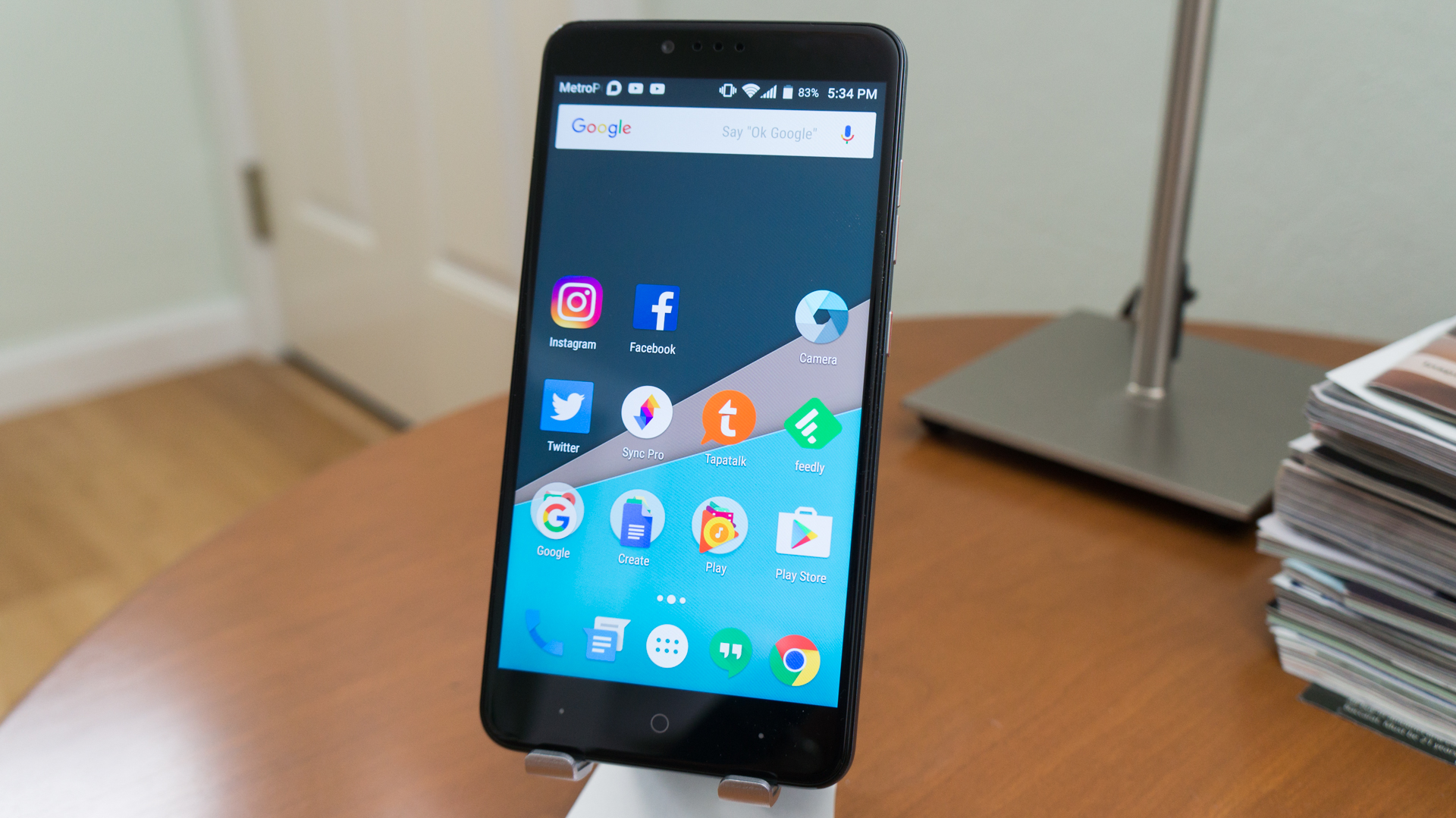
While ZTE might not be the world's most recognizable smartphone brand, the ZMax Pro is a sign that this might be changing soon.
Somehow, this 6-inch device is just around $200 and comes packed with a fingerprint sensor, 32GB of storage, a microSD card slot, and enough power to handle medium-sized loads of gaming and multi-tasking.
We think you'll be pleasantly surprised at every turn with the ZMax Pro, as we were.
Currently only available for MetroPCS and T-Mobile, this device is one of the best, most-surprising values to come out of 2016. Here's to hoping that more carriers support it soon in 2017.
Read the full review: ZTE ZMax Pro
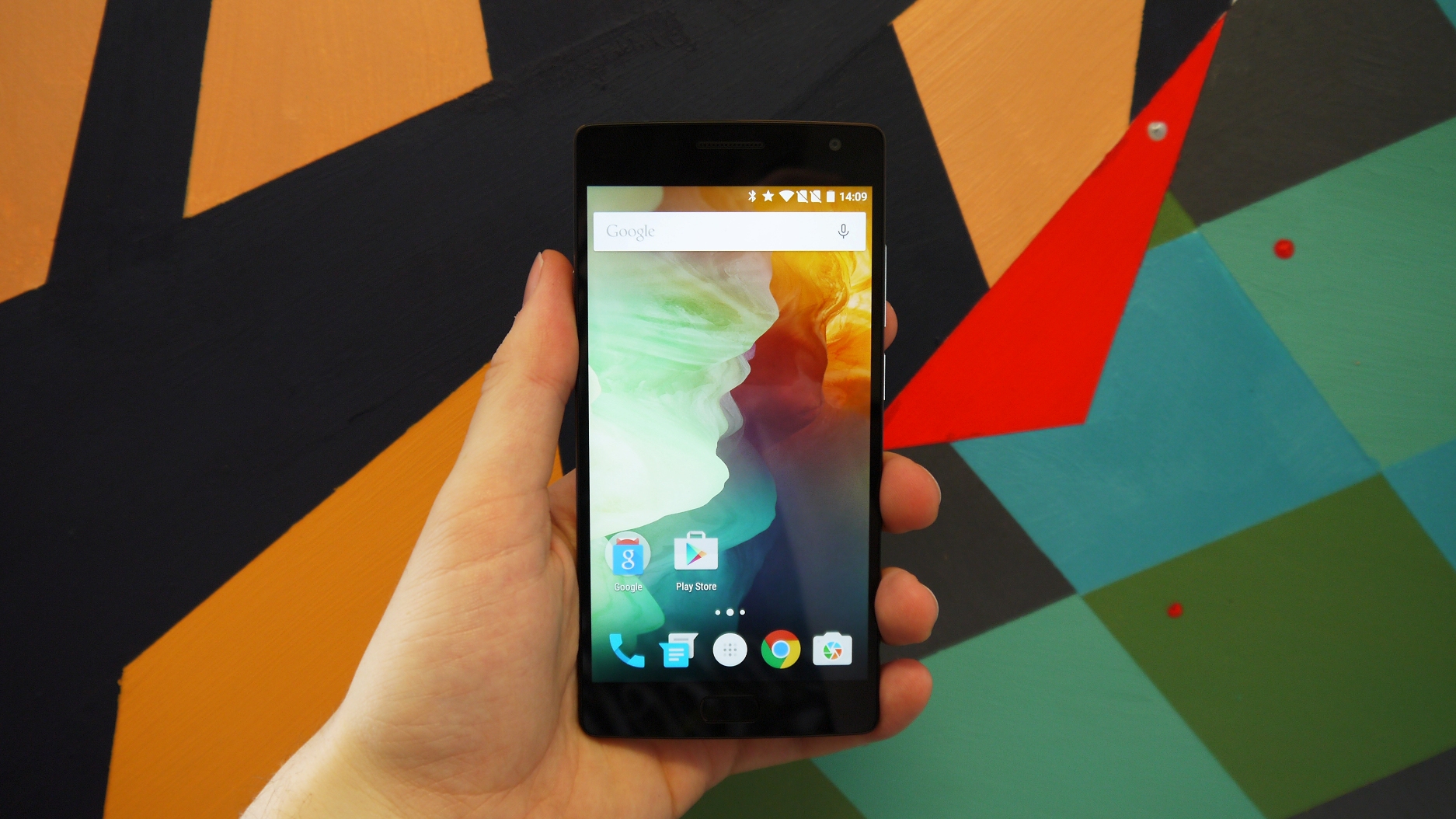
Every OnePlus device is angled to the consumer as a "flagship killer". And, although there are more powerful phones available today, the OnePlus 2 still represents a fantastic value for light users, as well as the more hardcore users.
It may not have some of the niceties that we come to expect in a well-rounded device, like NFC, fast charging, or microSD support. But if you can get past those omissions, you'll be treated to what's likely the fastest, most capable smartphone on this list.
Read the full review: OnePlus 2
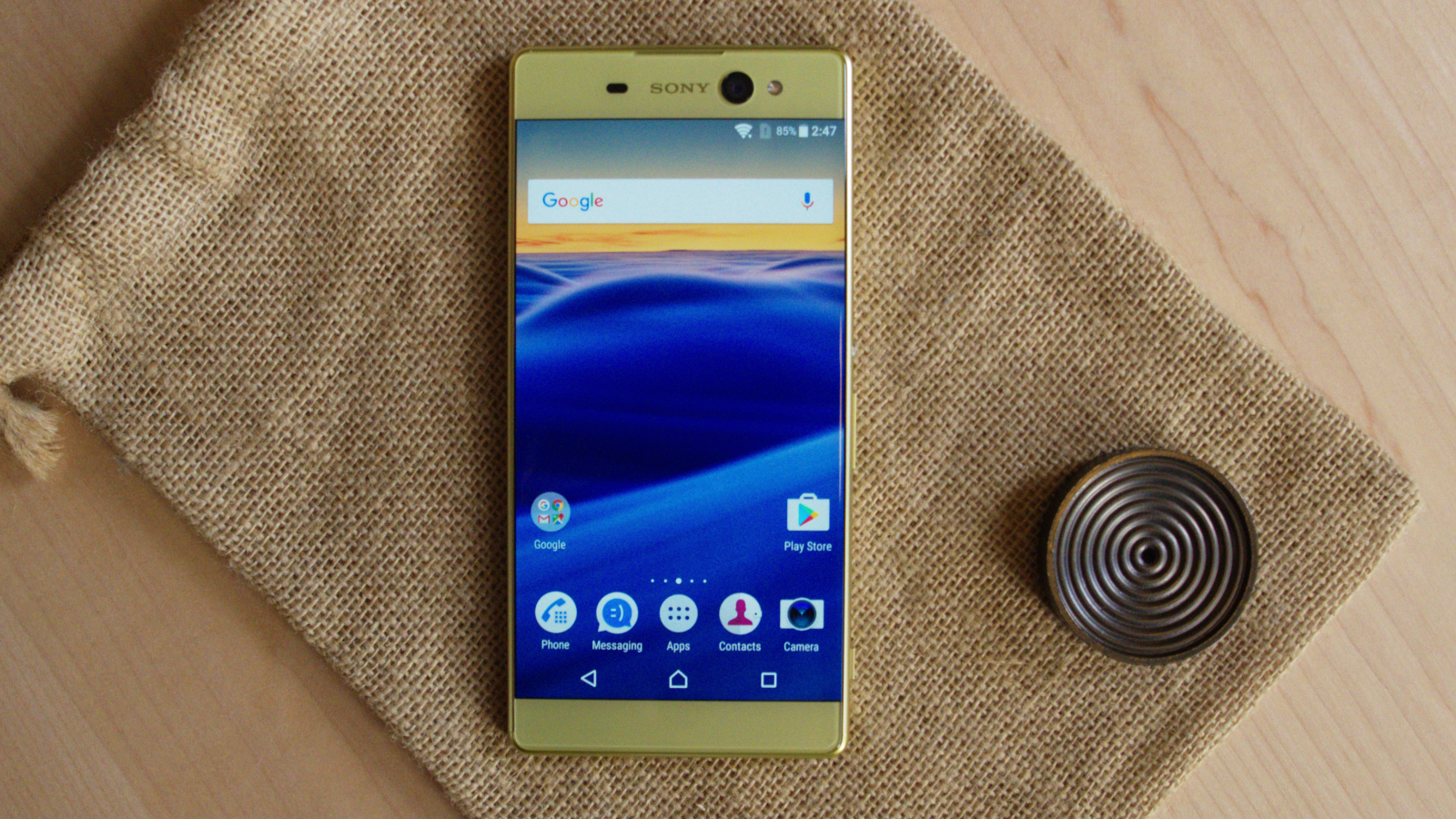
Considering its relatively low $300 (£299) price, the Sony Xperia XA Ultra is a rather brazen phone for being mid-range. It’s powerful enough to handle everyday tasks and its looks show that you’re definitely getting your dollar’s worth here in that regard.
Although this phone is short on surprises, the competent front-facing camera feels like a unique trait, and one that we hope comes back in the future. You’d think this sort of feature would be a better fit in Sony’s flagship product, but it’s good to see the company innovating in the mid-range sector.
If you’re in need of a solid performer that won’t break the bank, and you don’t mind the palm-stretching build of the XA Ultra, then you might have just found your next phone.
Read the full review: Sony Xperia XA Ultra
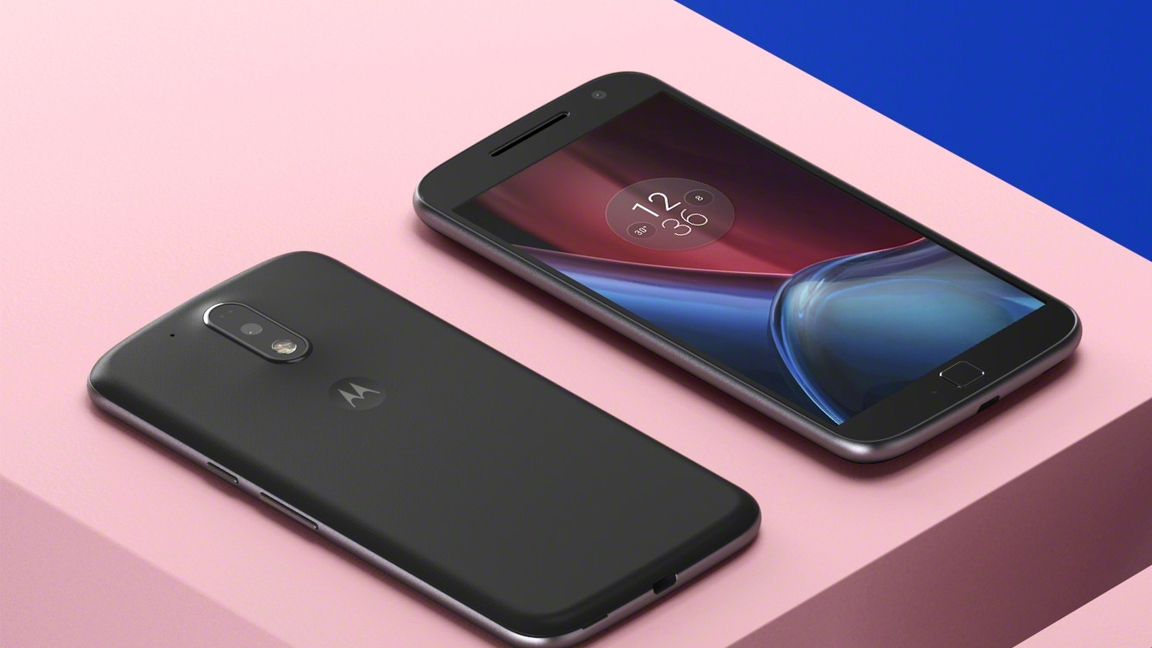
Lenovo has seamlessly continued Motorola's good work, refining this popular budget range and elevating expectations about what you can reasonably expect in a relatively cheap Android phone.
The gap between the Moto G4 Plus and the latest batch of Android flagships is not as wide as I expected. It's a pleasurable device to use, and it represents good value for money.
If you've been looking for something with a big screen and a good camera, and you can stretch beyond the bottom tier, the Moto G4 Plus is definitely a good buy. Bargain hunters, however, might have trouble looking past the cheaper, but very similar Moto G4.
Read the full review: Moto G4 Plus
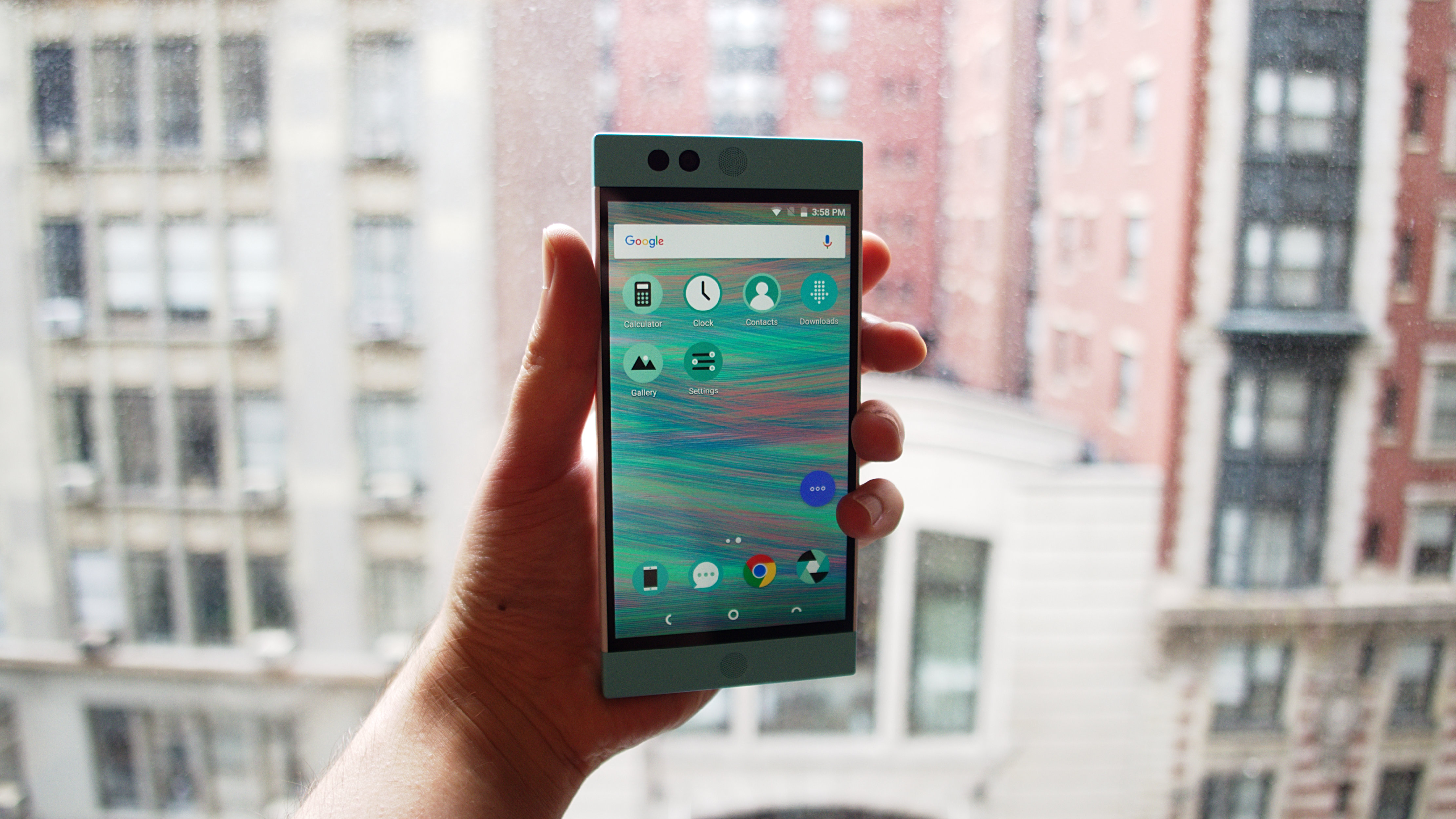
The Nextbit Robin isn't like most phones. First off, its design sets it apart from the get-go. Available in mint (as seen above) and red, the Robin pushes a bold visual statement that makes other devices look boring.
But thankfully, it's not all talk: Nextbit's tweaked version of Android Marshmallow (and soon, Android Nougat) allows users to take advantage of 100GB of free cloud storage to offload apps, games and photos to make way for what space you might need to use.
In addition, it's just a slick phone that doesn't shirk on features. You'll commonly find the Robin under the $200 mark. And, so long as you're on a GSM carrier, this could be your next device.
Read the full review: Nextbit Robin
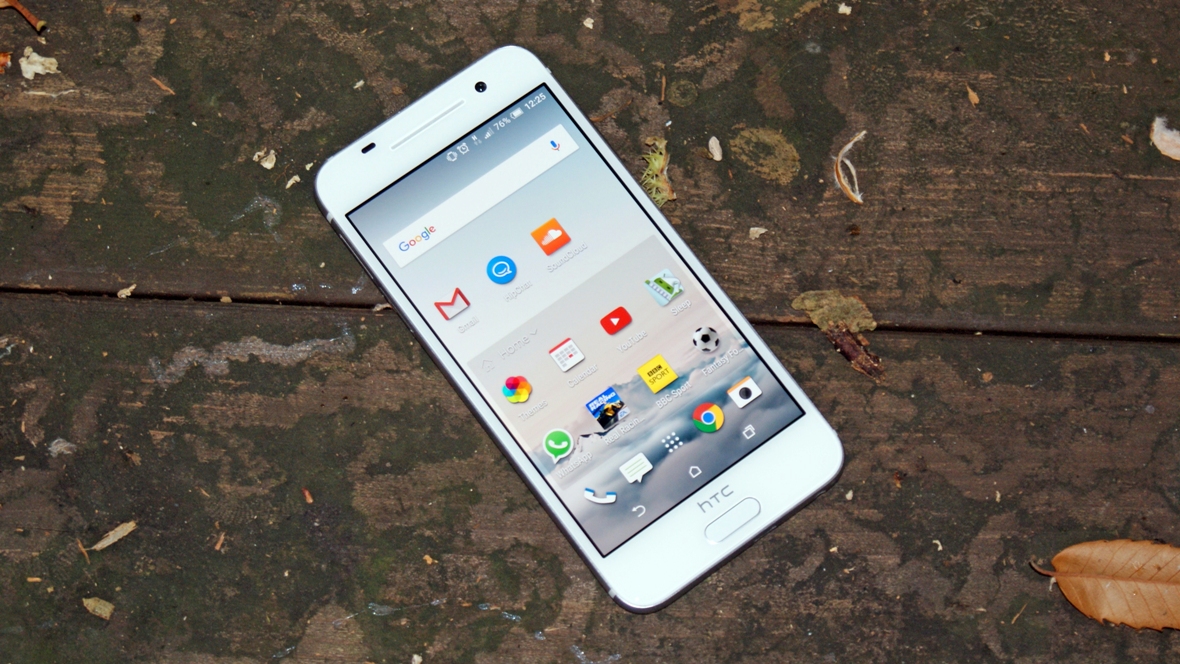
We know what you're thinking, and yes, the HTC One A9 does look like an iPhone. But that's where the similarities to Apple's popular smartphone end.
Inside of this beautifully-crafted device, HTC has packed in a surprising amount of power for the price, and we love the Sense overlay on Android Marshmallow because it doesn't mess with the stock experience too much.
The battery is pretty small for today's standards, but the general experience will impress those who are on a budget, yet want a stylish smartphone.
Read the full review: HTC One A9
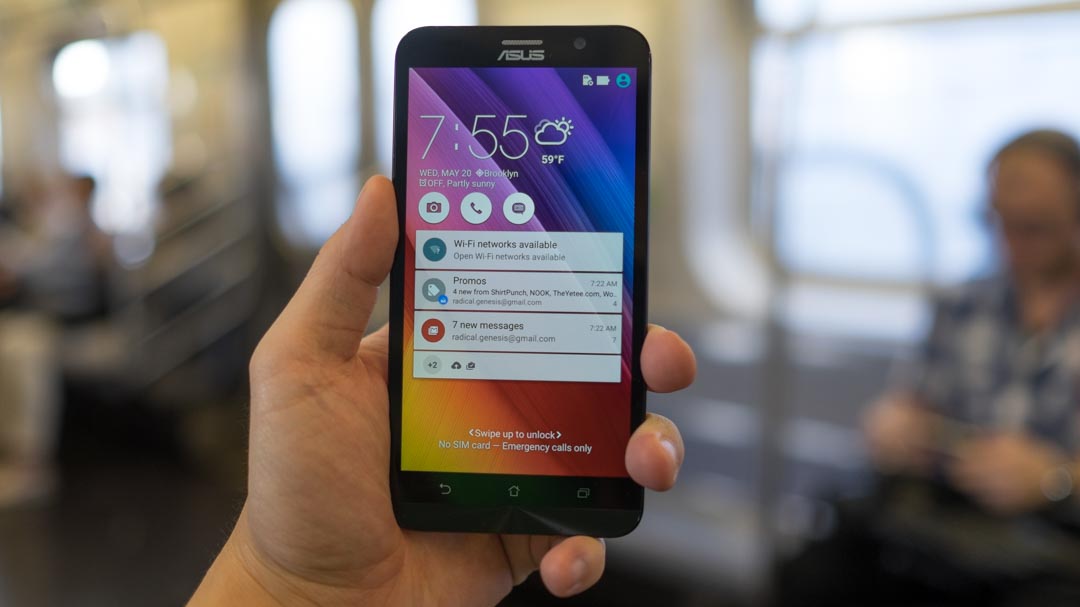
The more expensive 4GB ASUS Zenfone 2 was a tough sell for us, only because it brought powerful specs and Android customizations, yet wrapped it all in a plastic phone at $299.
Much less of an oxymoron is the 2GB Asus Zenfone 2, at a more reasonable $199. It feels just as cheap, but for a much more appropriate price. You just have to deal with its slower processor.
Intel is powering both variants, and this phone has a 1.8GHz Intel Atom Z3560 quad-core chip, ditching the more commonly used Qualcomm Snapdragon processors.
Its roomy 5.5-inch display, 1080p resolution and Android software tweaks are the real highlights. Screen brightness and camera are literal lowlights, but you can't win them all with a cheap phone.
We were able to test out the forthcoming Asus Zenfone 3 Deluxe, but with its more powerful specs and all-metal design, it'll likely cost much more than the cheapest Zenfone 2.
Read the full review: Asus Zenfone 2
Also consider
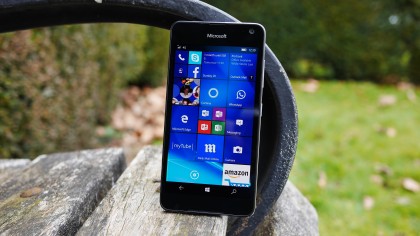
It's the experience of using the Microsoft Lumia 650 that sets it apart. The lovely in-hand feel, the dependable camera, the decent battery life, the surprisingly good speakers, and the mostly smooth day-to-day operation are all key to what a good smartphone experience should be.
The poor processor selection is all that holds this device back from real greatness. If Microsoft had followed the competition, and gone with the likes of a Snapdragon 616, 652 or 617, and maybe doubled the RAM, the Lumia 650 would fly.
Despite this, Windows fans looking for a respectable upgrade will find that this phone is well worth the little money it costs.
Read the full review: Microsoft Lumia 650
- Like saving money? These are the best cheap tablets around
from TechRadar: Phone and communications news http://www.techradar.com/news/phone-and-communications/mobile-phones/best-cheap-smartphones-payg-mobiles-compared-1314718
No comments:
Post a Comment